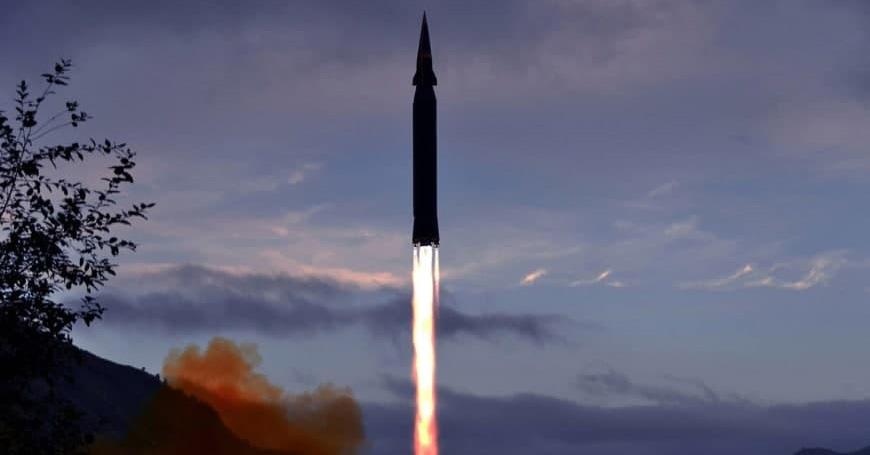WASHINGTON, March 8 (Yonhap) -- North Korea may resume nuclear and intercontinental ballistic missile (ICBM) testing before the year's end, a U.S. government report said Tuesday.
The Office of the Director of National Intelligence (ODNI) also said North Korean leader Kim Jong-un believes his nuclear weapons are the "ultimate guarantor" of his regime and that North Korea will eventually be accepted as a nuclear power over time.
"In January, North Korea began laying the groundwork for an increase in tensions that could include ICBM or possibly a nuclear test this year," the ODNI said in its Annual Threat Assessment report.
North Korea has maintained a self-imposed moratorium on nuclear and long-range missile testing since November 2017.
However in January, Pyongyang said it may consider restarting "all temporarily-suspended activities."
North Korea has already staged nine rounds of missile launches since the start of the year that included the firing of an intermediate-range ballistic missile, the longest-range missile launched since late 2017.
Gen. Glen Vanherck, commander of U.S. Northern Command and North American Aerospace Defense Command, also highlighted the possibility of North Korea resuming ICBM tests in the near future.
"North Korea's launch last October of a submarine based ballistic missile suggests Kim Jong-un may soon resume flight testing his most capable weapon systems, including a new ICBM design," he said in a written testimony submitted to the House Armed Services Committee before a hearing on the day.
The ODNI said the North Korean leader will likely continue to order missile tests, partly to further advance the North's missile capabilities but also to drive a wedge between South Korea and the United States.
"Kim probably will continue to order missile tests -- including of short-range ballistic missiles (SRBMs), cruise missiles, submarine-launched ballistic missiles (SLBMs), and HGVs (hypersonic glide vehicles) -- to validate technical objectives, reinforce deterrence, and normalize Pyongyang's missile testing," it said.
"Kim also aims to achieve prestige as a nuclear power as well as strategic dominance over South Korea. Kim probably will continue to try to undermine the U.S.–South Korea alliance by vacillating between periods of escalatory behavior and symbolic gestures toward the South to exploit differences between Washington's and Seoul's approach to solving the Korea problem," added the report.


